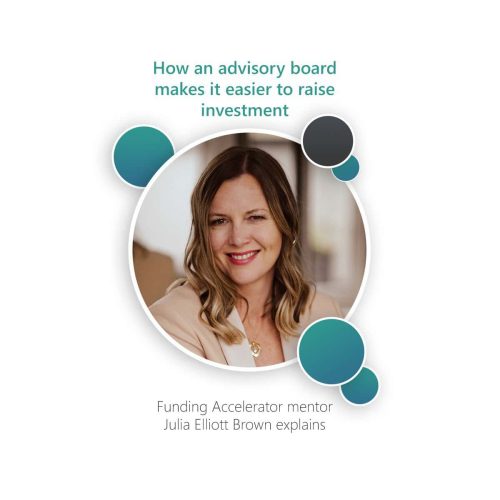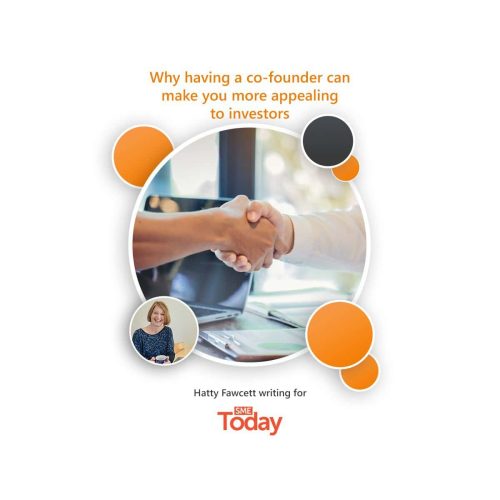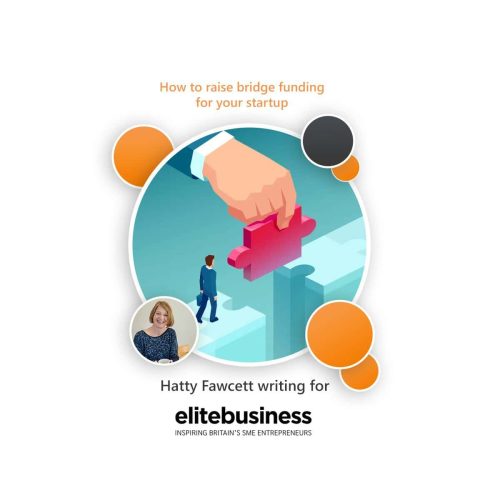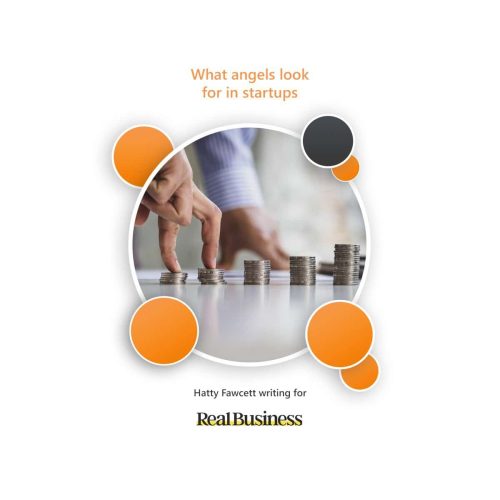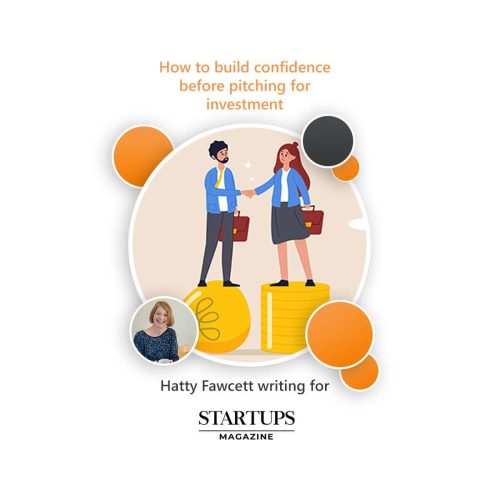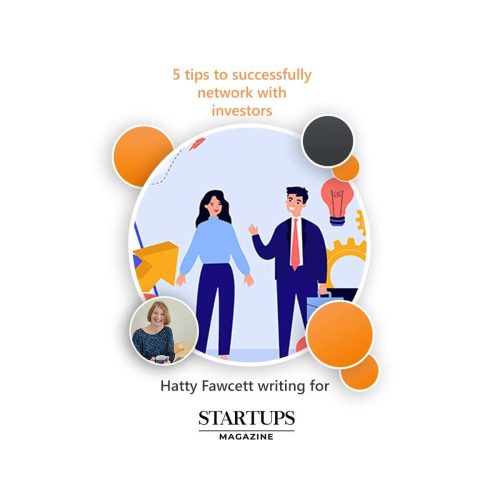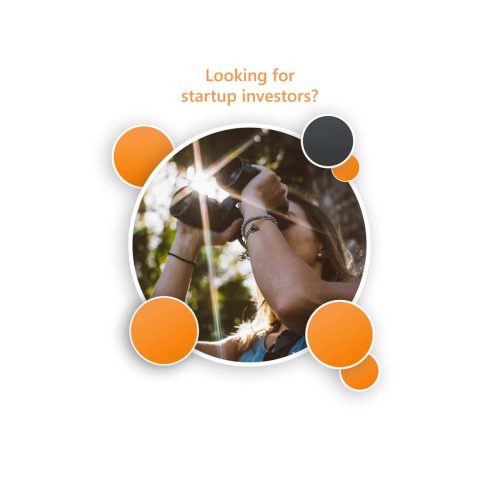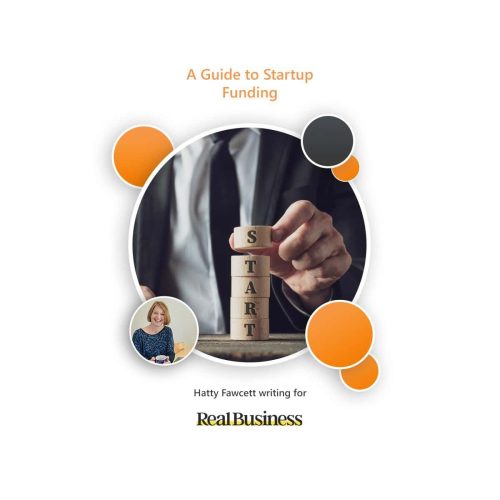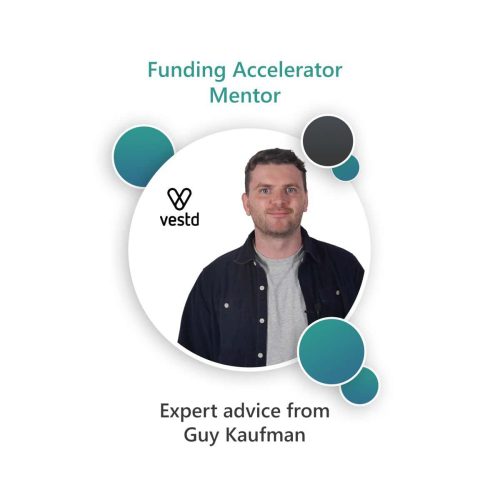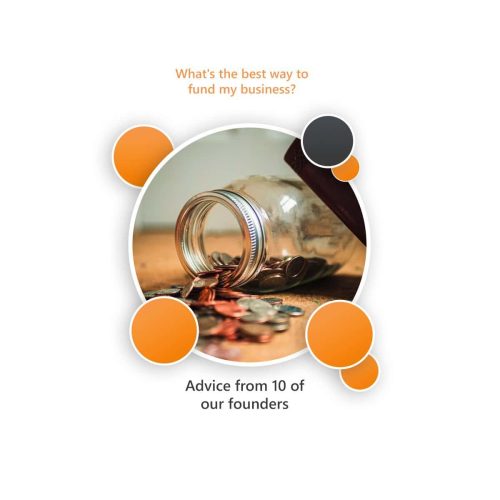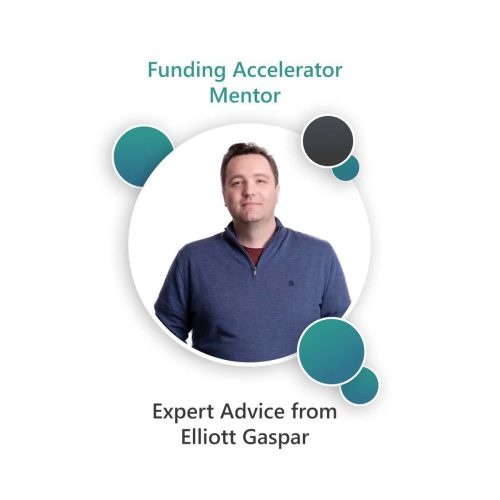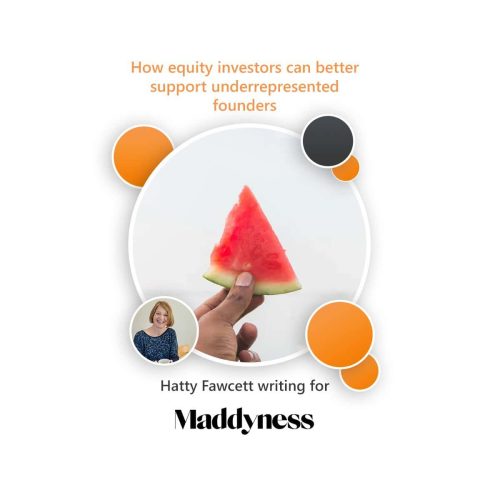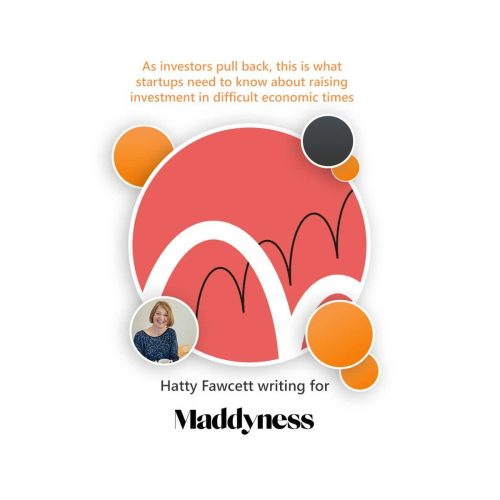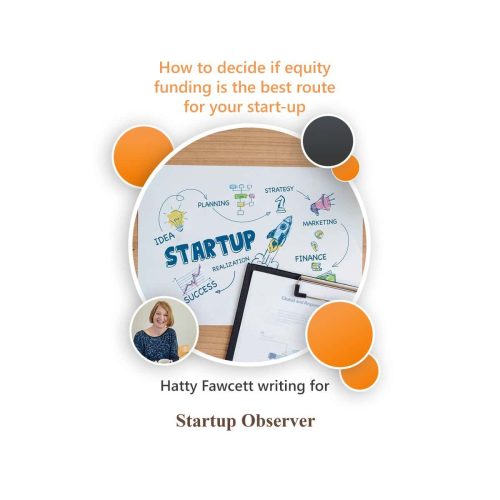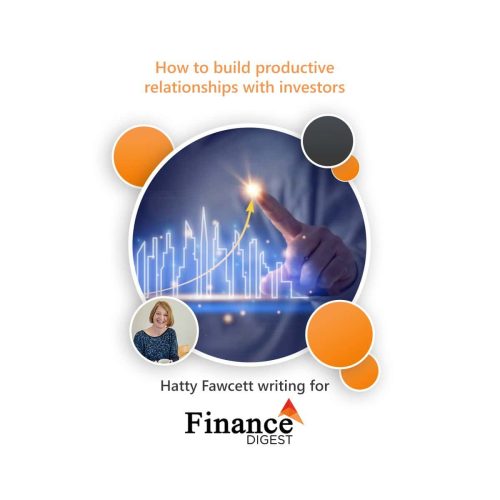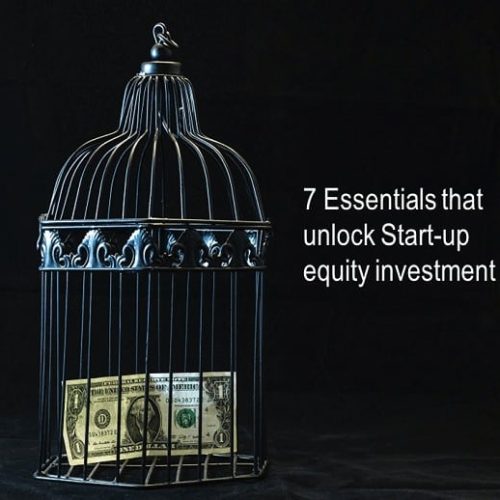There are lots of reasons why startups rely on sweat equity to get things off the ground but is sweat equity really worth it? The media is littered with stories of co-founders who have split, or business that have run into difficulties, many of which can be traced back to the underlying challenges of sweat equity. However, in those early days when cash is tight, the appeal of sweat equity is undeniable. This blog will open your eyes to the benefits of sweat equity – but also alert you to the most common pitfalls to avoid – so you can decide for yourself whether sweat equity is worth the perspiration!

What is “sweat equity”?
Sweat equity is a non-financial investment that individuals (usually founders, co-founders and directors) receive in recompense for their contribution to a business. Sweat equity is often offered in exchange for work done for free – or at a reduced market-rate – hence the term “sweat”. However, sweat equity can also be offered in exchange for intellectual property rights, “know-how”, reputational association, introductions to key contacts or provision of materials, tools and space.
So what’s the appeal of sweat equity?
Saves cash
Let’s face it, no startup is ever awash with cash so anything that avoids cash burn but still gets things done is bound to have appeal. If salaries can be off-set or reduced by offering shares in the business, or if software can be built for shares instead of cash, who wouldn’t consider these options? In the early days, most startups will consider anything to get their business off the ground.
Provides access to skills and experience you couldn’t otherwise afford
Offering sweat equity can also offer startups the opportunity to attract a co-founder or key employee of a calibre they wouldn’t otherwise be able to afford. Gaining shares in a business that is full of promise has value, particularly to someone who sees their own ability to increase that value.
Aligns objectives and motives
A win-win situation is created as employees with sweat equity work to grow the business, thus increasing the value of their shares as the business grows in scale and success.
But it could leave you wishing you’d taken a cold shower
Ensure you are compatible
Return from equity comes over the long term so, as with any long-term relationship, you need to be sure you and the person getting sweat equity are compatible. Are you sure the person to whom you are offering sweat equity is as committed as you to the project? Will they stick with it through thick and thin? Do they share your vision and passion for the business?
Sweat equity can cause unintended delays
Done well, sweat equity aligns motivations and deliverables but it can have unintended side effects. If, for example, you are offering shares instead of payment for work undertaken be aware that no one can survive without any income. If you only offer shares in exchange for work done how do you expect that person to live and pay their bills? If an individual doesn’t have sufficient money in the bank for basics, they will be forced to work on top of what they are doing for you – reducing the time they can spend on your project. The same applies if you offer sweat equity to a business. If the business doesn’t have revenue to pay salaries they will be forced to take on other contracts which may impact on the time within which your project can be delivered. Are you willing to live with that compromise?
Be certain the value exchanged is clear, specific and measurable
Don’t hand out the promise of equity willy-nilly. Be clear about what you are offering and what you expect in exchange. Clearly, for both parties to feel happy there needs to be equitable value. That will require definition – and specifics. Don’t rely on implication “you have good communication skills and a strong network so I thought you’d make introductions”. Be very clear about what you want “I am offering X% of shares in this business in exchange for introductions and support in closing an investment deal with Y and Z investors”. You might break the vesting of equity into stages based on delivery triggers.
Reach agreement about value – sooner rather than later
The biggest challenge with sweat equity is reaching agreement about fair value. It can be very difficult to value start-ups and early-stage businesses. Traditional models used for valuing businesses don’t work because they rely on stable and predictable revenues which very few early-stage business have! Instead you are left valuing the business based on its market potential or the assets already created by the business. On the other side of the coin, how do you value the time provide by the person being offered sweat equity? Do you value their time – as if paying a salary? Or should you value what that time creates – a working platform, creation of key partnerships, delivery of first customers and revenue?
There is no denying it – valuation is tricky. This can cause the allocation of sweat equity to be postponed – or it’s handled in a conversation and never formally written down. That is when misunderstanding and discontent occurs. Hard as it is, if you want to avoid a cold shower down the line, formalise what is being offered in terms of sweat equity – and get it written down early on.
***********
Is your Startup ready to attract investors?
Take the Startup Investment Scorecard to discover if your Startup is ready to attract investors. Start here
Further Reading:
Should you raise startup funding from friends and family?
How to find investors for a startup – quickly!


